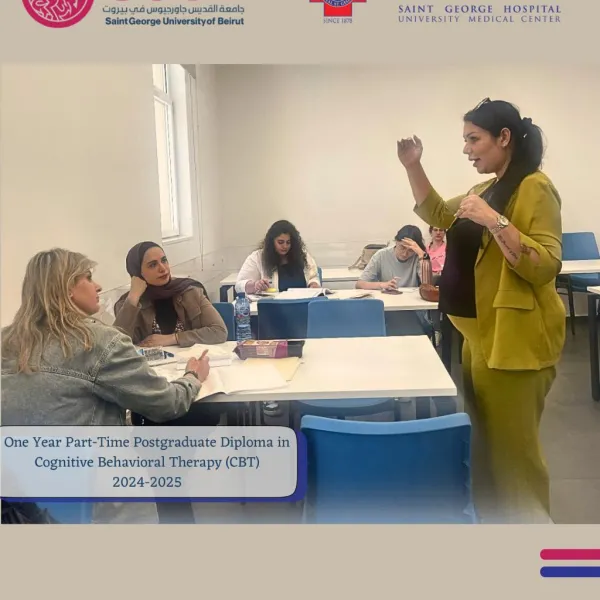Subtyping social anxiety disorder in developed and developing countries
ABSTRACT
BACKGROUND
Although Social Anxiety Disorder (Sad) is classified in DSM-IV into generalized and non-generalized subtypes, community surveys in Western countries find no evidence of disjunctions in the dose-response relationship between number of social fears and outcomes to support this distinction. We aimed to determine whether this holds across a broader set of developed and developing countries and whether subtyping according to number of performance versus Interactional fears would be more useful.
METHODS
The WHO World Mental Health (WMH) Survey Initiative undertook population epidemiological surveys in 11 developing and 9 developed countries using the Composite International Diagnostic Interview (CIDI) to assess DSM-IV Disorders. Fourteen performance and interactional fears were assessed. Associations between number of social fears in SAD and numerous outcomes (age-of-onset, persistence, severity, comorbidity, treatment) were examined. Additional analyses examined associations with number of performance fears versus number of interactional fears.
RESULTS
Lifetime social fears are quite common in both developed (15.9%) and developing (14.3%) countries, but lifetime SAD is much more common in the former (6.1%) than latter (2.1%) countries. Among those with SAD, persistence, severity, comorbidity, and treatment all have dose-response relationships with number of social fears, with no clear nonlinearity in relationships that would support a distinction between generalized and non-generalized SAD. The distinction between performance fears and interactional fears is generally not important in predicting these same outcomes.
CONCLUSION
No evidence is found to support subtyping SAD on the basis of either number of social fears or number of performance fears versus number of Interactional fears.
To obtain complete access to the article, please send an email to idraac@idraac.org, in which you specify your position and the reason for your request.



